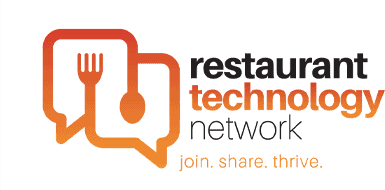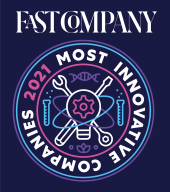As one of the first industries to have its doors slammed shut by COVID, travel and tourism became practically nonexistent, beginning in the early days of contagion. Hotels were closed, or in some places converted into hospitals and venues for first responders and essential medical personnel to quarantine themselves in order to keep their families safe from the virus.
In the midst of all this drama, and even with the slow reopening efforts around the globe, it’s become easy to adopt the alarmist view that travel is permanently dead. It’s hard to imagine, at the moment, when a skittish public might be ready to once more climb aboard a plane or into their cars and venture too far into the unknown.
But travel is not dead.
Despite any current appearances to the contrary, the Coronavirus pandemic will pass into memory, and tourism will rebound, and the hotels that survive will be the ones who don’t lapse into hibernation, waiting for the “right moment” to resume marketing or customer communication efforts.
Consumers may not be thinking about travel now, but they most certainly will in the future. And even if they were loyal to you before the bizarre world of the pandemic, when it comes time to book post-pandemic travel, they’re going to remember those who have remained visible. They’ll remember those who reassured them through the worst of the crisis. They’ll remember those that have been doing what it takes to keep travelers and their families safe.
Now is the time to seize the moment.
Rise above the noise
Yes, consumers are dealing with a lot of noise right now.
For many of us, it hasn’t simply been a matter of sitting at home and watching Netflix. They’ve had to deal with the altered logistics of previously simple tasks like buying groceries and endless questions like, is it safe to go out? Do we need to wear masks? What’s the infection rate in my area? Where can I find hand sanitizer? How can I carry on virtual business meetings with a cranky toddler on my lap?
And all the while, in the background, is an endless feed of 24-hour news answering all and none of their questions.
But the answer isn’t to stop communicating. The answer is to ramp up communication. Get your message out there, and keep repeating it. Increase your social media presence, increase your email messaging, and communicate, communicate, communicate. While it may be true that you don’t have the expendable budget for highly produced marketing pieces, the good news is that you don’t need them.
Your audience is working at home on a shoestring budget, and so are you. We’re all in the same boat. Be real. Be honest. Acknowledge the situation and let them know that you’re using this time to make sure that, when they’re ready, you’ll be ready for them and that your facilities will be a safe place to be.
Contactless connection
Customers are, above all, going to want to know that you understand the situation. They’re going to want to know that you’ve got a plan for meeting it head on. They’ll want to know that you’re familiar with both CDC and local governmental safety guidelines. Temperature checks, ventilation updates and maintenance, social distancing; “contactless” is the kind of service they’ve learned to look for everywhere from the check-in desk to the hotel bar. It’s also the kind of service they’ll continue to expect.
Tech offerings that decrease contact with other people—combined with clear messaging about how your brand is focusing on health and safety—can be the difference between losing your regulars and actually earning new business, despite the pandemic.
Mobile check-in can allow customers to check in and pick up their keys without spending time waiting at a checkout desk, in close proximity to other guests and employees.
For diners in your hotel, consider using a contactless app like OneDine. This allows patrons to use their own mobile device, without the need to download an app, to easily order drinks or food, and then pay in full, split the check, or pay per item.
They can do all this on their schedule and from the convenience of their room, from their table in your dining room, or poolside. In other words, they get the kind of timely service that keeps them coming back, and you keep guests and employees safer while maximizing the return on your labor investment.
Being there
Remember that in general, when given the choice to either act or stand quietly in the shadows, it’s the ones who act that the public will remember. And, when it comes time to venture back out into the world, the ones they remember are the ones they’re going to want to do business with.
Ready to talk about how OneDine can help improve your guests’ hotel dining experience? Get in touch!





